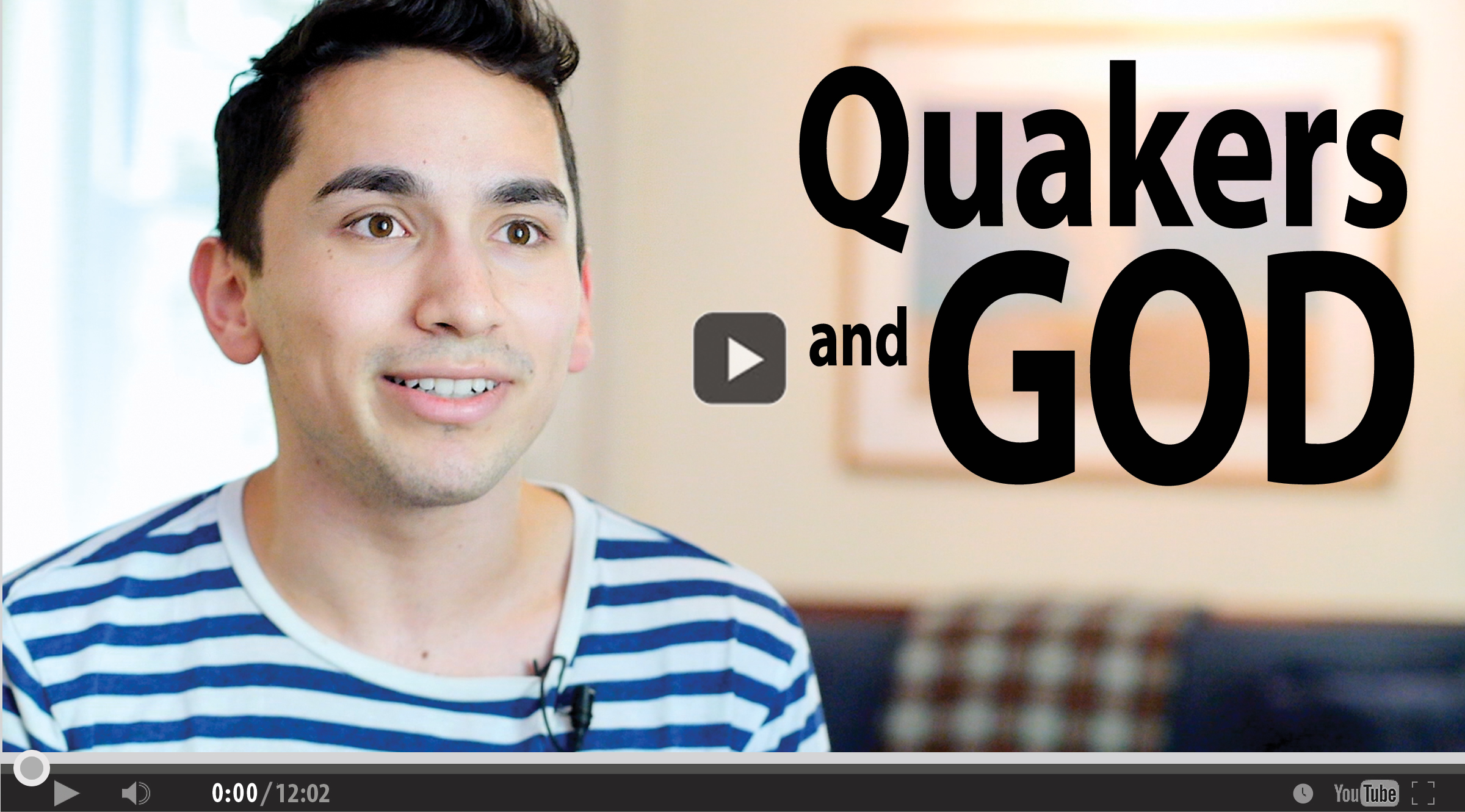Thank you for your focus in the June issue on “Marriage, Gender, and Relationships.” Taken together, these articles enriched and inspired me. Phillip Schrodt’s “The Miracle of Death” describes a partnership that fulfilled its promise: a rare miracle. Joanna Hoyt’s “Sexual Ethics: What is our Goal?” reports on another miracle: a tentative new relationship/partnership among young Friends who seek clarity on sexuality and relationships. This is an area of our lives that is murky with misinformation and misconceptions; one with great potential to gift us and/or wound us. Mutual exploration of this could benefit all of us if we can get beyond our differing beliefs about such, as Joanna wrote.
One of these articles may contain the key to explore this and other issues where we experience conflicting opinions and beliefs. I was stunned by the power of Paul Sheldon’s definition of a Quaker marriage (“Quaker Marriage: A Journey”). In a moment of startling clarity I saw that it elucidates the conditions that give rise to all true relationships. When this broader application is applied to his statement, I see that it both predicts the course of all relationships lacking this foundation and is inherent in all relationships that fulfill their promise. Here is his statement with this broader application substituted for “Quaker marriage” and “marriage”: “The root of [true relationship] is spiritual responsibility. The root of love is continuing revelation. You must accept spiritual responsibility in [relationship] for the continuing revelation of love:”
When I first read this, I sensed its relevance in my experience, but two parts of it needed closer examination. What did Paul mean by “spiritual responsibility”? Was he talking about being true to Friends’ practices and testimonies? He mentioned that he and his partner, soon to be his wife, agreed to take questions that they couldn’t resolve themselves to their clearness committee. This seemed to equate spiritual responsibility with that which is experienced within an intimate Friends’ circle. Could this have a broader application? I was sure that it did. Otherwise I could not apply it to my partnership.



